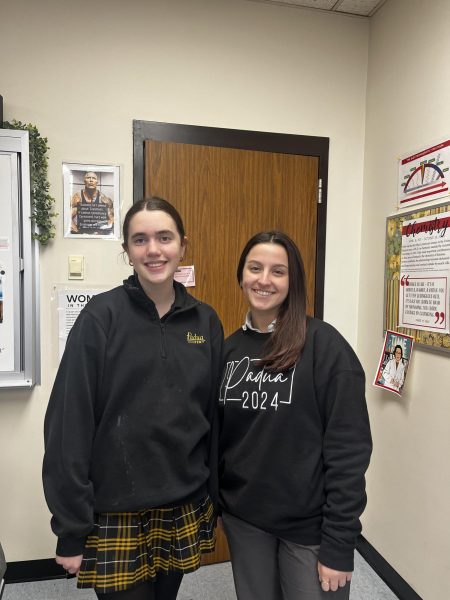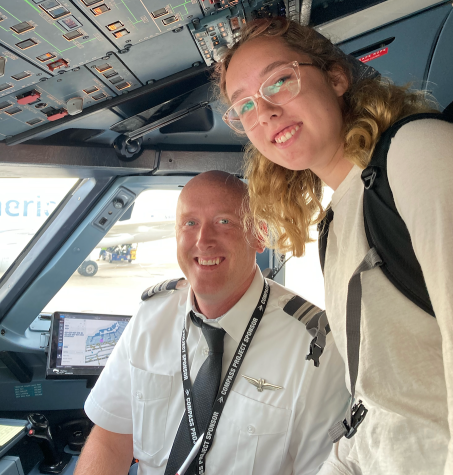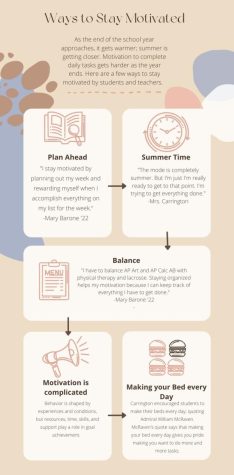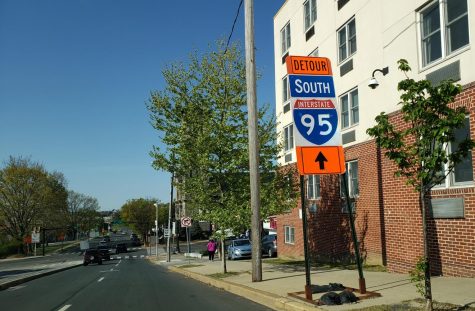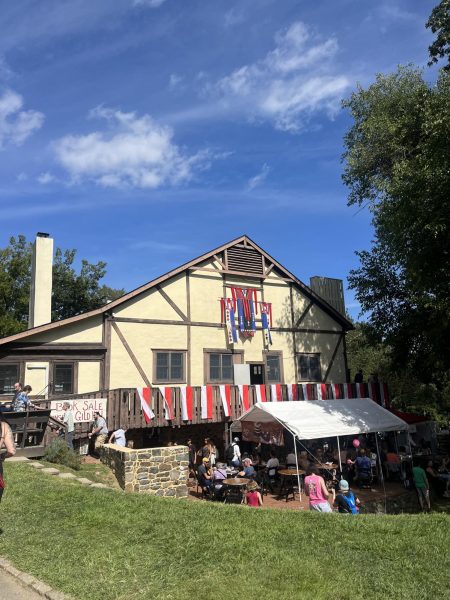It’s Only Intermission: How COVID-19 is Affecting the Theatre Industry
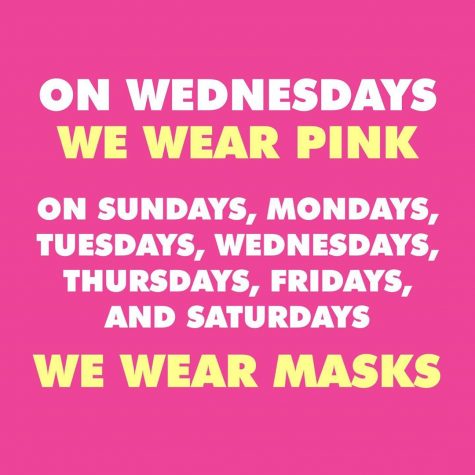
On March 12, 2020, The Broadway League announced that Broadway would be shut down until April to stop the spread of the raging COVID-19 pandemic in the United States. On October 9, after multiple extensions, it was announced that Broadway would be closed until May 30, 2021, leaving those in the theatre industry unemployed for over a year.
Many Broadway productions had to close early, such as Hangmen, Who’s Afraid of Virginia Woolf?, and the very popular musical Beetlejuice. Many Broadway actors have taken to their social media platforms to reassure their fans that everything will be back to normal soon, and that this closure is only “intermission,” meaning that this is only a break from performing.
It is also important to note that not only broadway theatres are shuttered, local theatres have been shut down since March 12 as well.
Delaware Theatre Company (DTC), located on the Riverfront, is one of these many local theatres closed because of the pandemic. “My initial thoughts were that it was concerning, but at the time, the word was that it was pretty much contained in China and the surrounding area,” said Johanna Schloss, the Director of Education and Community Engagement at DTC. “I didn’t think it would be a pandemic and truly affect the entire globe.”
After hearing about Broadway’s closure, DTC immediately followed suit. They shut down DTC the day after their Delaware Young Playwrights Festival.
“We went in that day, had a staff meeting talking about how we would try to keep things moving while working from home, picked up our stuff, and left everything else, thinking it would be for a few weeks,” said Schloss.
DTC ended up having to postpone their entire 2020 – 2021 season of shows until the fall 2021. Not only were DTC’s productions canceled, but the in-person summer programs and acting classes were canceled and moved to a virtual environment. For those interested in pursuing acting classes, there is now an opportunity to participate in these engaging sessions over here, allowing aspiring actors to sharpen their skills.
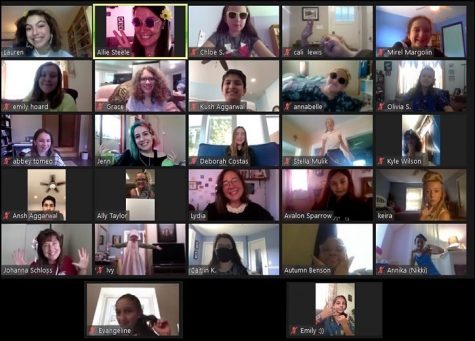
DTC holds two summer programs each year for students of all ages. Summer on Stage is a program for 8-15 year olds focused on building the foundation for acting. Stage 2 is a program for 16-18 year olds focused on building up these skills for future careers.
“The hardest parts about moving the virtual programs online were the interpersonal side, which was knowing how disappointing and sad this was for the kids, parents, and teachers, and and then the instructional side, which was learning on the fly how to give kids the best possible Summer on Stage and Stage 2 experience in an online place we could still cooperate, participate, and try to have fun while making theatre together,” said Scholoss.
Aside from the difficulties, there were plenty of positives from the experience. “I loved working with my small-group breakout groups. We would get into those, and everyone could turn their microphones on, and then talk together like real show groups always did, coming up with ideas and laughing at funny suggestions and I loved the surprise of not knowing what the other groups were doing until we put our work together.” Schloss said. DTC plans to run their acting classes over the upcoming year for both children and adults the same way.
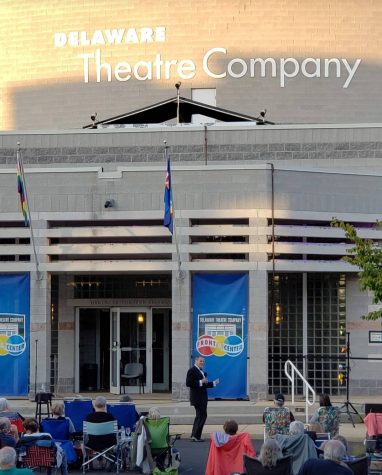
Unlike other local theatres, the people at DTC are still performing. They began offering cabaret style shows called “DTC Front-and-Center” for subscribers who had brought tickets to see shows at DTC. Some of the past performers have included Jenna Pastuszek, Sean Reilly, and Rob McClure from the original Broadway cast of Beetlejuice. This gave theatre-goers a chance to enjoy the live theatre they love and actors a chance to perform again.
Many school theatre programs have also been impacted by the COVID-19 pandemic. Salesianum School Theatre is just one of these programs. Aaron Bogad, the Director of Arts at Salesianum, said “I was exceptionally thankful that we got through our production of Ragtime unscathed. I have peer teachers and colleagues from grad school around the country who lost their musical productions and we were just so lucky that we closed the week before we went out.”
The majority of production for their spring play Shakespeare in Love was done virtually. “We had completed our audition and casting process before we closed for Spring Break. We had a read through and I’d made sure that we had at least cast and gathered once before we left for Spring Break, because, as I said, I expected we wouldn’t be back for a while,” said Bogad.
Bogad said that the rehearsal process was very difficult in the virtual environment. “We weren’t able to build chemistry, develop relationships functionally, or practice the physical components of the play,” he said.
Although they didn’t get to perform the show, Bogad still agreed there were perks doing theatre in a virtual format. “The highs were really around the fact that we were able to continue at all, that we were able to provide continuity and an opportunity for connection for our company.”
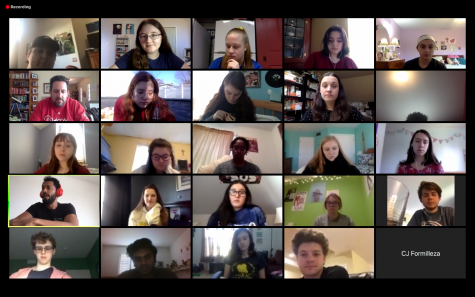
While schools like Padua have already scratched plans for a theatre season this school year, Salesianum will continue as planned. Since they cannot have their sisters from Padua and Ursuline, they will be performing Incident at Vichy by Arthur Miller as their fall show. The cast consists of students from Salesianum along with four Padua sisters who will act as student producers and will prepare voice over work for some scenes. In the spring, they plan to perform a virtual play, She Kills Monsters, that will include Padua and Ursuline students.
Both Schloss and Bogad agree that there were benefits of doing theatre during the pandemic.
Schloss said, “For me, the biggest benefit has been being required to stretch my creativity. If I can’t teach a regular summer camp or acting class, can I teach a virtual one? How can I reinvent and reimagine my art for Zoom instead of stage? If I want to give kids a chance to be in a fall play since they can’t do one at school, what play will that be?”
Bogad agreed and added, “I think the primary benefit of doing theatre during the pandemic is putting into practice our idea that process is always more important than product. We’re here to prepare students to be artists and consumers of art. To continue to do that work not just when it is easy, is important.”
“Even more importantly, we’re presenting art that is embracing the fact that we’re in a pandemic,” added Bogad. “We’re not trying to pretend that things are normal. We’re not trying to pretend that this is theatre as usual. We are embracing the requirements of distance and masking and making them a part of our art, instead of using them as an excuse for our art to be less excellent.”
Soon enough, this intermission will be over and the bright lights of Broadway will be on again. Actors will be back on the stage belting their hearts out 8 shows a week, and thousands of fans will be giving standing ovations at the end of every show. Many will use this experience in a virtual environment to an advantage when getting back on the stage. Schloss summed it up best: “I’ve grown as an artist, teacher, director, writer, designer, and planner, and I think others are doing the same as long as they keep trying!”
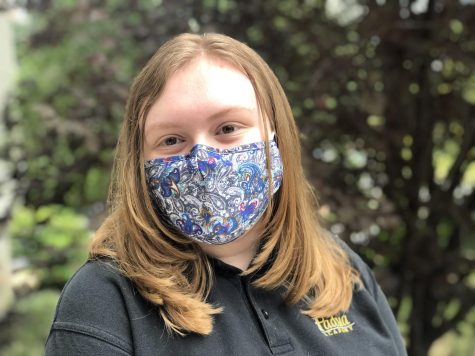
Emily Hoard is a Sophomore at Padua Academy. She was born on October 29th, 2004, in Wilmington, Delaware.
Emily is an only child and does not have...

